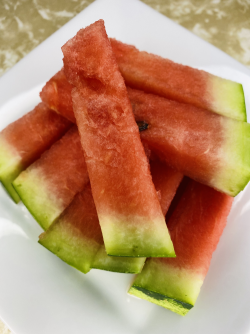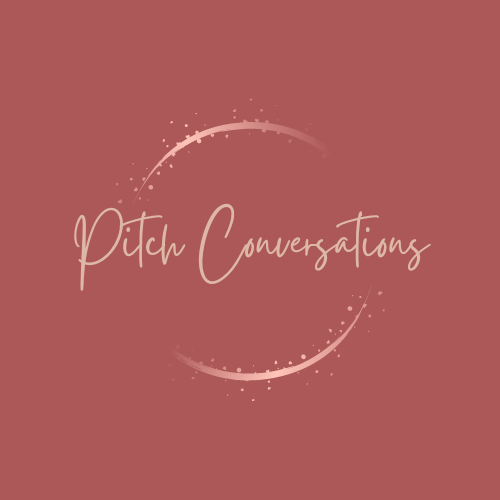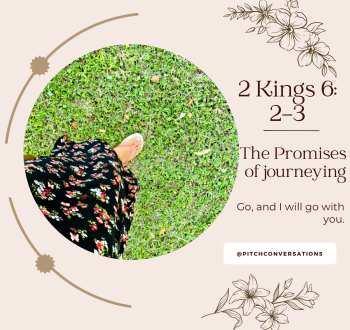
Don’t Forget to Hydrate!
Hydrate, Hydrate, Hydrate!!! Fasting can leave you all exhausted and ready to give up on life activities. These limitations can manifest in the form of fatigue, headaches, dry mouth, nausea, and thirst. However, the goal of fasting is not to keep you from your daily activities rather it is to just keep you from your flesh-inspired activities. A lot of research has shown that, hydration is a critical part of any successful intermittent fast. The only challenge for me is I am one of those people who aren’t comfortable with intermittent water fast. Trust me there is no scripture against this, just my preferences. However, this comes with its own set of problems like dehydration and I have had to be creative in hydrating during the 6-hour fast break everyday.
Fasting Hydration Techniques
Yes, you can drink water during a fast. Dehydration can be very distracting to an extent that you can’t even focus on anything from the daily activities and to spending time in the presence of God which then defeats the whole purpose of the fast. Employable to all types of water fasting as well as dry intermittent fasting on this list is water, herbal teas, fruit juices, and high water content fruits. Please try by all means to do away with .
High Water Content Fruits

About 96% of watermelons is water so eating one is drinking water. One of the biggest advantages of eating high water-content fruits is of course hydration and in my experience rehydration. However, because overconsuming calories is not an ideal practice during a fast as it would just subject the body to unnecessary constraints, the low-calorie content in these fruits makes them even more ideal as intermittent fasting break snacks. You can only eat so much during a 6-hour window, therefore, my diet plan has been to miss out on dessert and have watermelons instead. Please note that the list is not limited to watermelons, these fruits include cucumbers which you can eat directly or as parts of a salad, pineapples, oranges, and berries which can be a fruit bowl or a smoothie.
Herbal Teas

One of my best friends always jokes about how the perfect gift for me would be a tea hamper, lol. Well, I do sort of agree with her. I love tea, always have, and always will. However, I do have preferences even in my love for all teas as inspired by my steadfast love for herbs. My favorite herbal tea is chamomile, it gives everything that can make a girl fall in love, smells right, tastes right, and has the right health benefits amongst which are supporting good sleep, helping with digestion, and reducing anxiety; aren’t we all dealing with a lot? Chamomile also supports weight loss which may not be very ideal especially during a fast and considering that you are already losing most of that weight anyways. Another favorite is Rosella, sometimes called Hibiscus tea which is considered the healthiest herbal tea. It supports liver health, fights anti-oxidants, lowers cholesterol and blood pressure and etc. The list of herbal teas one can take is endless each with its own benefits including green tea, lemon and mint, ginger and lemon etc. The most ideal way of taking the tea is at the breaking meal, let it the first thing you take as you break the fast, after 18 hours this is ideal in activating your digestive system. Also, remember drinking tea doesn’t break a fast unless you add sugar and other ingredients to it.
Water
Finally, drink water! They say water is life and the human body is 60% water. The best way to hydrate or rehydrate is to drink water. The standard water requirement for an average human being is marked at 2 liters of water a day. So make it a point that you take as much of this requirement as you can with the 6-hour breaking period if you are like me and prefer a dry intermittent fast or spread it throughout the say if you prefer a water intermittent fast.
Happy Fasting!!!





